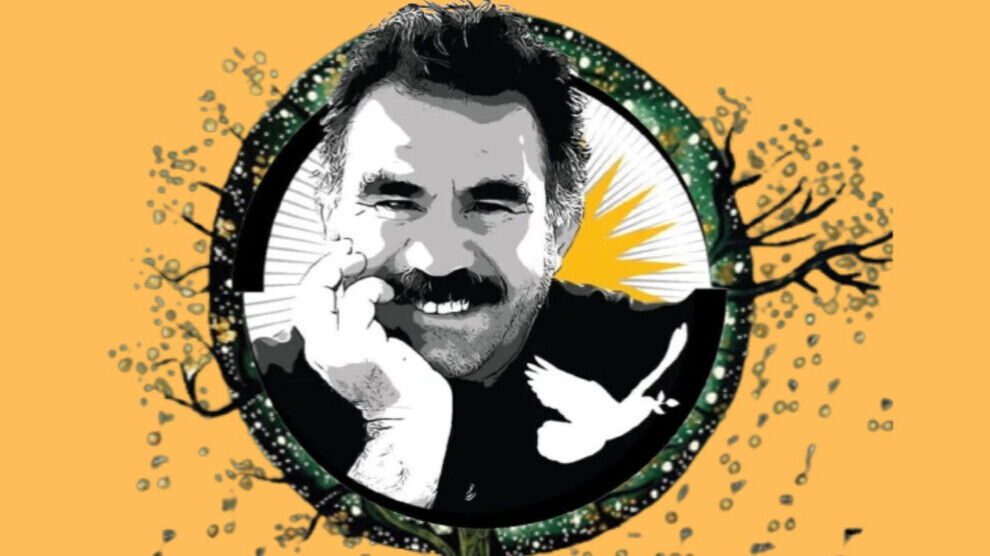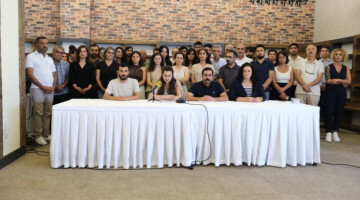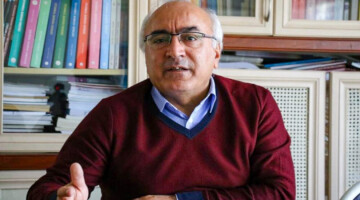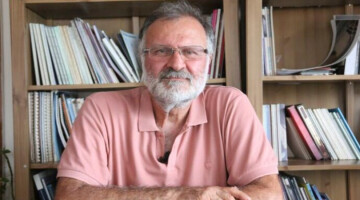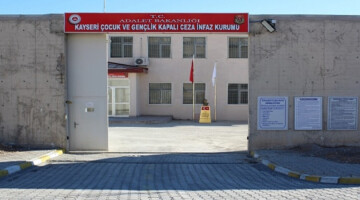The Committee of Ministers of the Council of Europe (CoE) decided to take up the issue of whether the "violation" judgement of the European Court of Human Rights (ECtHR) on Kurdish People's Leader Abdullah Öcalan, who was imprisoned in Turkey on 15 February 1999 by an international conspiracy and placed in unprecedented isolation in İmralı, has been implemented.
On 18 March 2014, the ECtHR ruled that the sentencing of Kurdish People's Leader Abdullah Öcalan to aggravated life imprisonment without the right to conditional release (right to hope) violated the European Convention on Human Rights (ECHR). The Court ruled that the aggravated life sentence was contrary to Article 3 of the ECHR, which prohibits torture and ill-treatment. The ECtHR made similar judgements on the imprisoned applicants Hayati Kaytan, Emin Gurban and Civan Boltan in the following period.
The Committee of Ministers of the Council of Europe, which monitors the fulfilment of the ECtHR's judgements, has also started the monitoring process for Turkey in order to ensure legal arrangements and changes in practice that will give rise to the "right to hope" regarding aggravated life imprisonment. However, despite the initiation of the monitoring process, the judgements were not included in the meeting agenda of the Committee of Ministers and no written decision was issued.
On 29 July 2021, the Association of Lawyers for Freedom (ÖHD), Society and Law Research Foundation (TOHAV), Human Rights Association (İHD) and Human Rights Foundation of Turkey (TİHV) submitted a written notice to the Committee of Ministers for the urgent review of the ECtHR's judgments and for the implementation/monitoring of these judgments.
The Committee, which put the issue on its agenda upon the notification, requested information from Turkey regarding the notification of non-governmental organisations and the process of fulfilling the decisions at the meeting held between 30 November and 2 December 2021.
In its response, Turkey claimed that there had been no violations in İmralı since 2009. Ankara left unanswered the findings and recommendations on "securing the right to hope" and "legal amendments on the regime of execution of aggravated life sentences".
The Turkish state only addressed the report of the European Committee for the Prevention of Torture (CPT) on the physical conditions in İmralı in previous years.
In its submission to the Committee of Ministers on Turkey's allegations on 12 October, human rights and legal organisations noted that Turkey's response did not address the ECtHR's key findings on the "right to hope" and did not discuss the steps needed to implement the judgments. The organisations reacted that the Turkish state had instead provided misleading information.
Asrin Law Office also submitted a new application to the Committee of Ministers on 9 August 2022, demanding that the ECtHR ruling be implemented. In response, the Turkish state admitted that it had exempted Kurdish People's Leader Abdullah Öcalan from the "right to hope".
At the June meeting of the Committee of Ministers, it was decided to put the group file including Abdullah Öcalan back on the agenda.
At its meeting to be held between 17-19 September, the Committee will monitor the implementation of the ECtHR's violation judgments and requirements.
The Committee will also be able to ask for an explanation from Turkey as to why the judgement has not been implemented, if deemed necessary.
In the meantime, the Committee of Ministers has again taken up the cases of former HDP co-chair Selahattin Demirtaş and businessman Osman Kavala, who were ordered by the ECtHR to be released immediately.
The Committee had previously included these judgements on its agenda and initiated a violation procedure due to the non-implementation of the judgement on Kavala.

